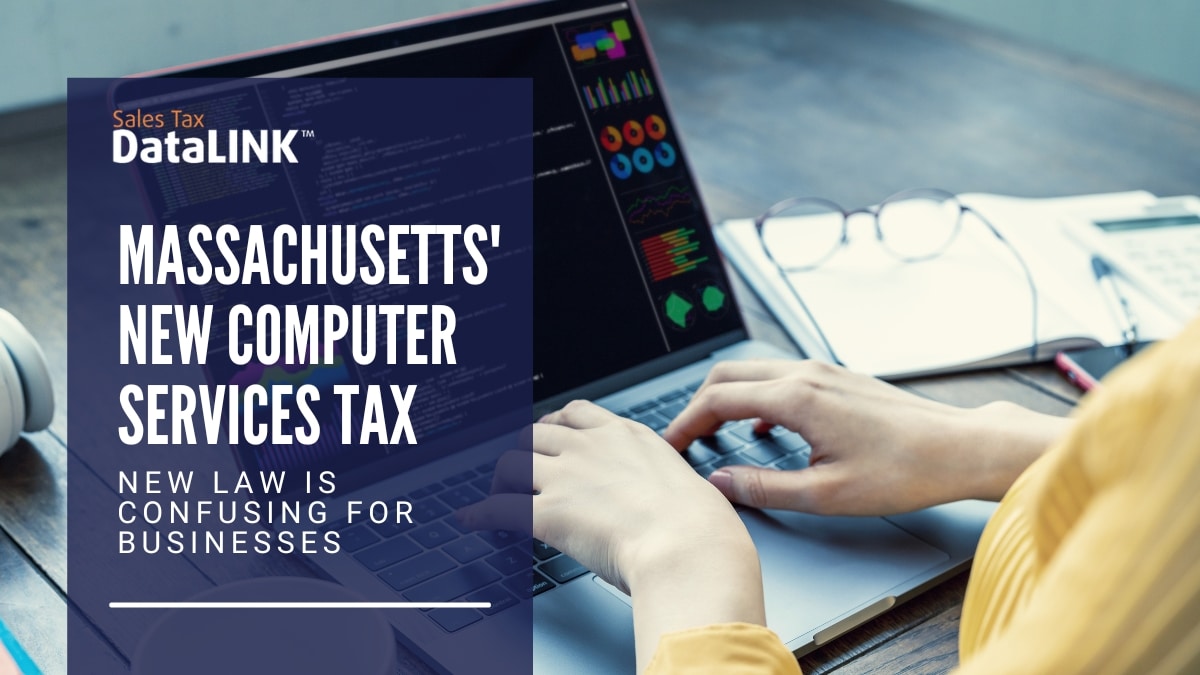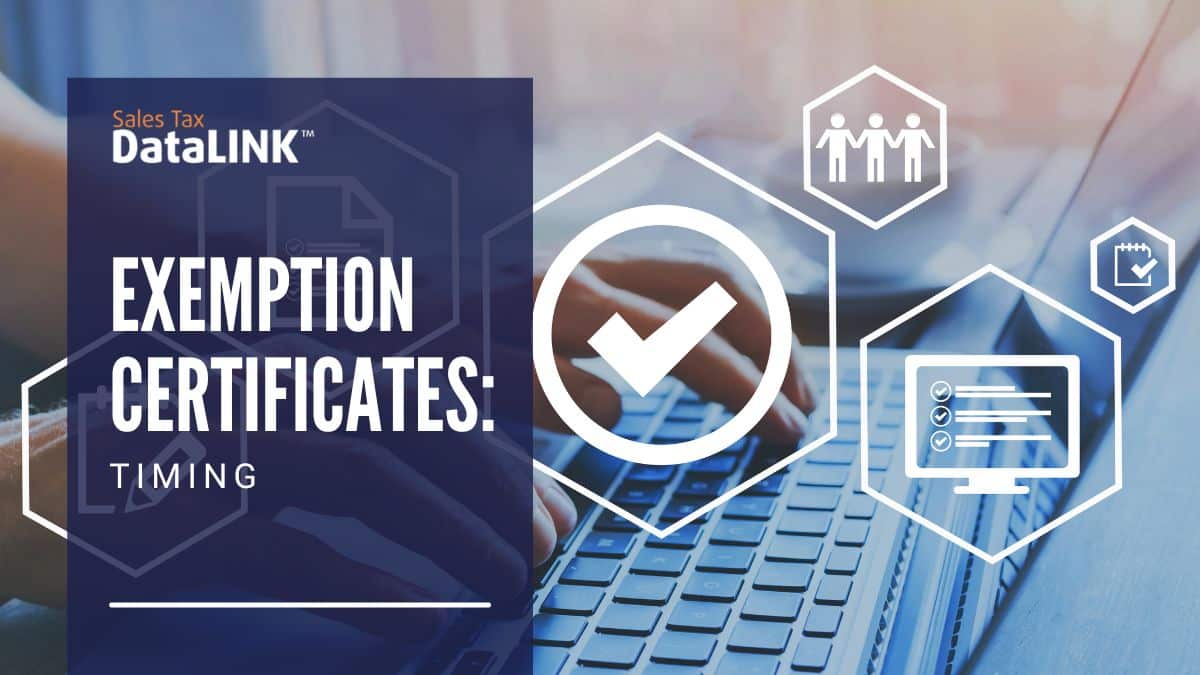What happens when you let lobbyists tell legislators what exemptions to include in a new sales tax law? You get a confusing law that is poorly implemented, like the new sales tax law in Massachusetts requiring sales tax on “certain services relating to computer system design and to modification, integration, enhancement, installation, or configuration of standardized or prewritten software,” according to a release issued by the Massachusetts Department of Revenue. Business owners both big and small are grappling with what falls under the new law and struggling to determine whether or not they need to start collecting.
The law has an interesting past. It was vetoed by the Governor but quickly enacted by legislators with little input from the IT community as a whole. Back when the bill was originally written, certain businesses gave input on the bill but IT companies cannot be easily represented, especially in an industry where many companies who provide computer services are small businesses run out of home offices. In terms of getting a fair deal, it remains to be seen just exactly how this law will be interpreted. There’s a lot of wiggle room in the law because of the vague language used to draft it, most notably when it comes to what things are taxable and what isn’t.
However, this marks a change in sales tax policy in Massachusetts that might impact a lot of other legislation in the future—taxing services. Massachusetts has a sales tax system that’s pretty straightforward, especially when compared to other states. There is only one sales tax jurisdiction and one rate, 6.25%, that’s charged on all non-necessities, with exclusions for almost all groceries and clothing. Some might argue that telecommunication services are also subject to sales tax and that taxing services isn’t new but the law stipulates that only means of sending messages is taxed. Some people don’t view telecom sales tax as taxing services while others do but it’s clear that this new IT sales tax law is changing the way the Commonwealth of Massachusetts is thinking about taxation. It’s not just about tangible personal property anymore.




